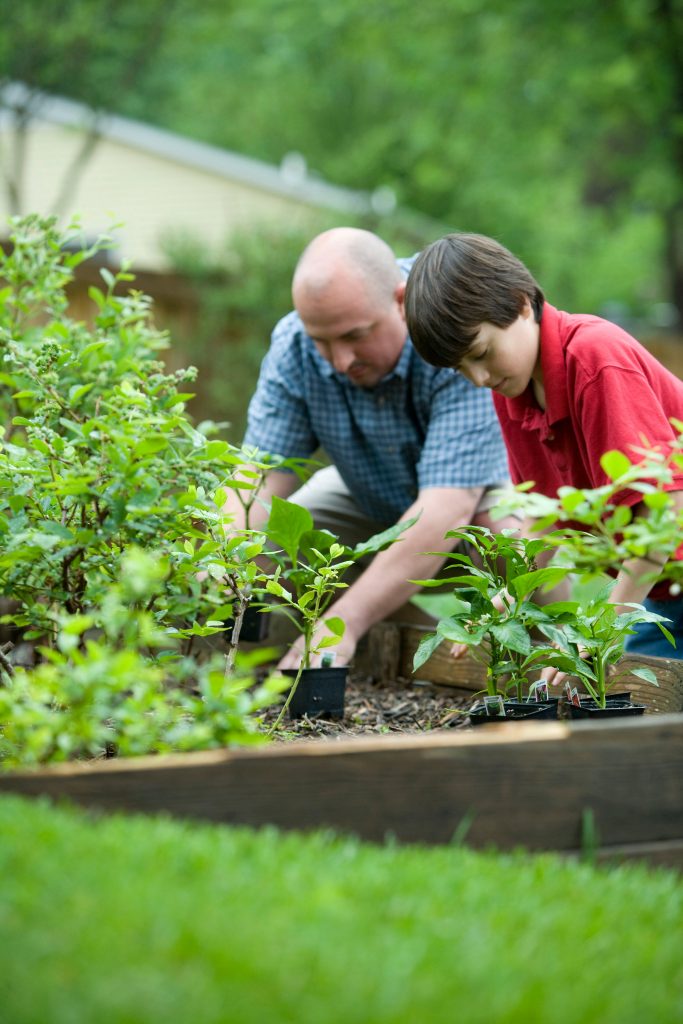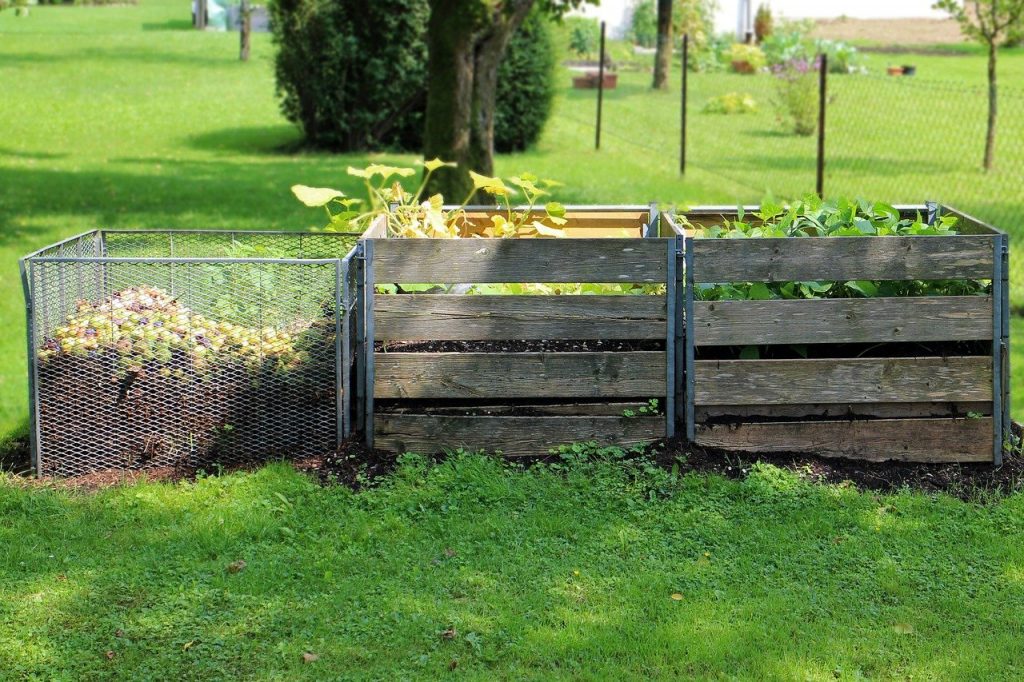It’s all about the Soil!

No matter where you garden or what you’re growing, good soil is key to successful growing. Take the following steps to improve your soil for a better garden.
Ways to Improve Your Garden Soil
Successful gardening is all about good soil. Plants need good soil for nutrients and moisture. But, how can you have good soil in your garden? I used to ask myself the same question before. Organic matter, I discovered works best in improving your garden soil.So does acidifying soil.
How Organic Matter can Improve Your Soil
- Adding organic matter to your soil will help it retain moisture so it can provide your plants with the water they need.
- Organic matter adds to the structure of your soil so roots can better penetrate nutrients and moisture.
- Organic matter increases soil productivity to enable more nutrients to reach your plant’s roots. This will result into healthier and bigger plants.
- Organic matter enhances the sprouting of seeds because it reduces the possibility of the surface to crust.
Organic matter is the secret to improving garden soil. Organic matter may be compost, manure or sawdust.
Manure and sawdust are good organic matters for improving your garden soil. However using them on your soil can present some problems. Manure of livestock can enhance the nitrogen level of your soil but contains a hay with a lot of weed seeds. Weed seed can germinate within your vegetable or flower garden.
Sawdust present also some similar problems as livestock manure. Compost is the best organic matter you can add to your soil. Compost is cheap, easy to use, clean and readily available in bags or in truckloads. You can also make your own compost.

Here are the steps to adding organic matter to your soil:
- Prepare a spade or fork and a wheelbarrow.
- Spread about 1 to 2 inches of organic matter on the area of your garden where you are going to be planting.
- With a fork or spade and a wheelbarrow spread 2 inches of organic matter if you are working on a new garden, your soil is extremely sandy or your soil is of clay.
- Spread about 1 inch f organic matter if your garden soil is fertile and loamy. You can also spread the same amount if you have planted on your soil for years.
- Work the organic matter on your soil until it is about 6 inches deep into the soil.
Notes:
- Work the organic matter to your soil before you begin planting each season.
- If you are using raw organic matter (unfinished) such as manure that has not been decomposed or leaves, add it a month before planting on your garden.
- You can add finished organic matter (manure and compost) to your garden soil just immediately before (a few minutes or so) you actually plant in your garden.
Acidifying soil
There are some plants (e.g.azalea, hydrangea) that thrive on acidic soil. Making your garden soil acidic is beneficial to its health. There are some areas in which soil are already acidic. If you do not live in one and would like to grow acidic plants, you will need to acidify your garden soil.
To acidify garden soil you will need to add products that will lower its ph level. Soil ph levels range from between 0-14 on a ph scale. Soil with a ph level above 7 are alkaline soil and soil with a ph level below 7 are acidic. Soil with a ph level of 7 is neutral.
Soil which are either alkaline or neutral need to be acidified. You can purchase DIY soil testing kits for ph levels. Adding sulfur to your garden soil is the most common way to acidify your garden soil.
Here are ways you can make your garden soil acidic:
- Make a solution consisting of 2 tablespoons of vinegar for every gallon of water. Frequently water your plants. This is a great way to adjust the ph level of your garden soil.
- Add Peat moss. These are dead materials that are fibrous. They are formed from the decomposition of living materials and mosses in peat bags.
- Spread about an inch of peat to the top of the soil and around the plants. You can also do this simultaneously to planting. This method works great for small gardens.
- Sulfur is another material that can make your garden soil acidic. It will however take several months to improve your garden soil with sulfur because it is a slow acting material.
- For every 100 square feet of garden area, spread 2 pounds of sulfur.
These are easy ways to improve your garden soil. If you have other easy ways you have done to improve your garden soil, share them with us in the comments sections.
Here is the PDF, Ways to Improving Your Garden Soil, so you can print it out for future reference.
